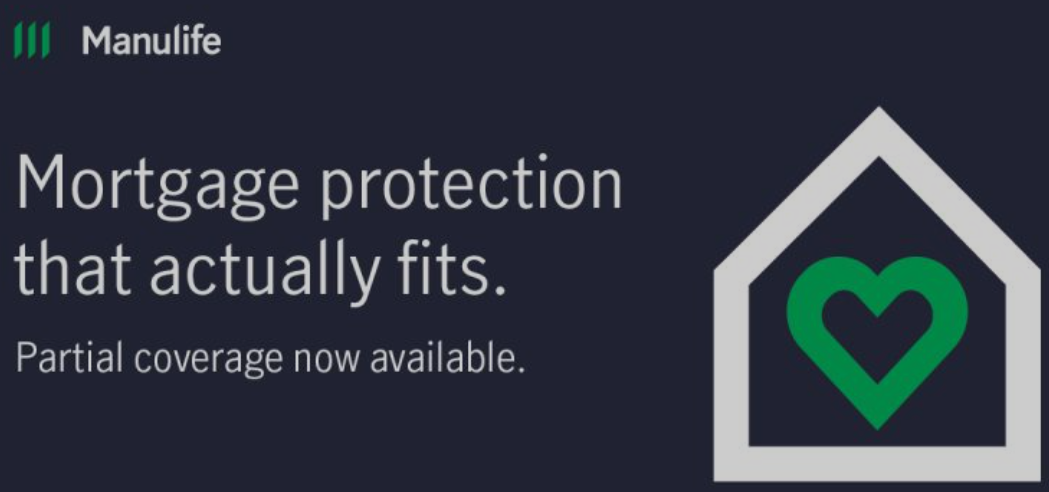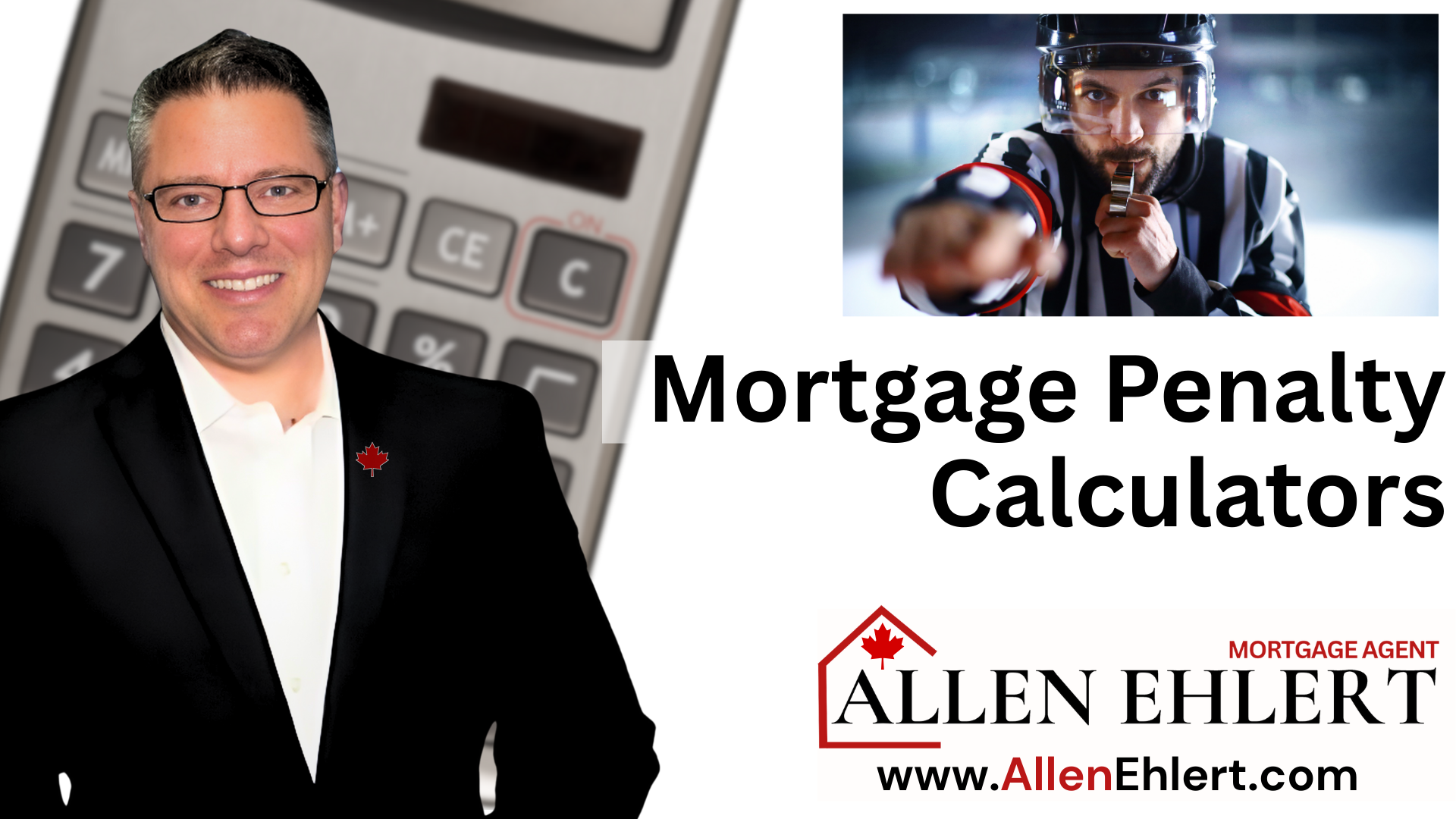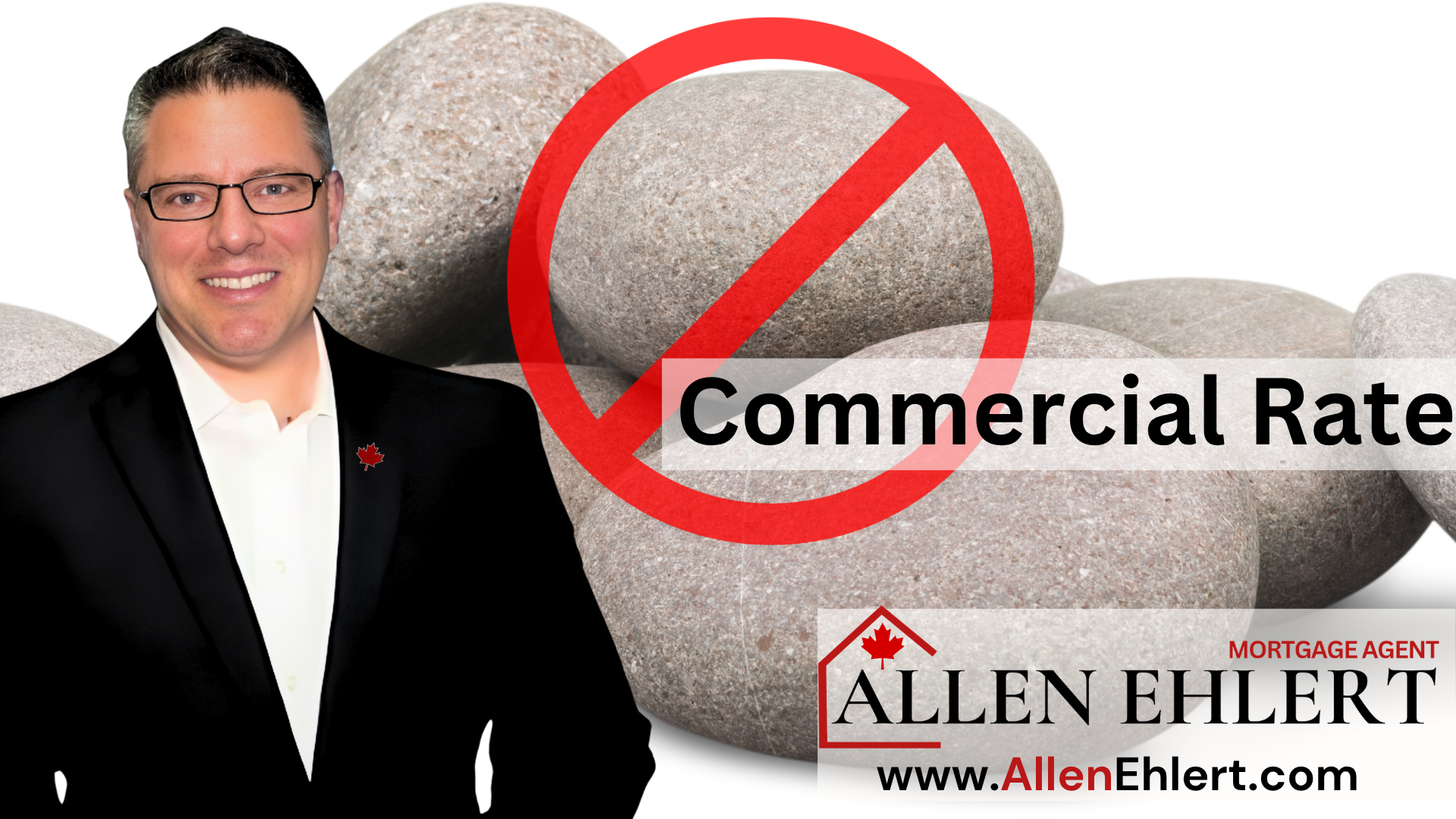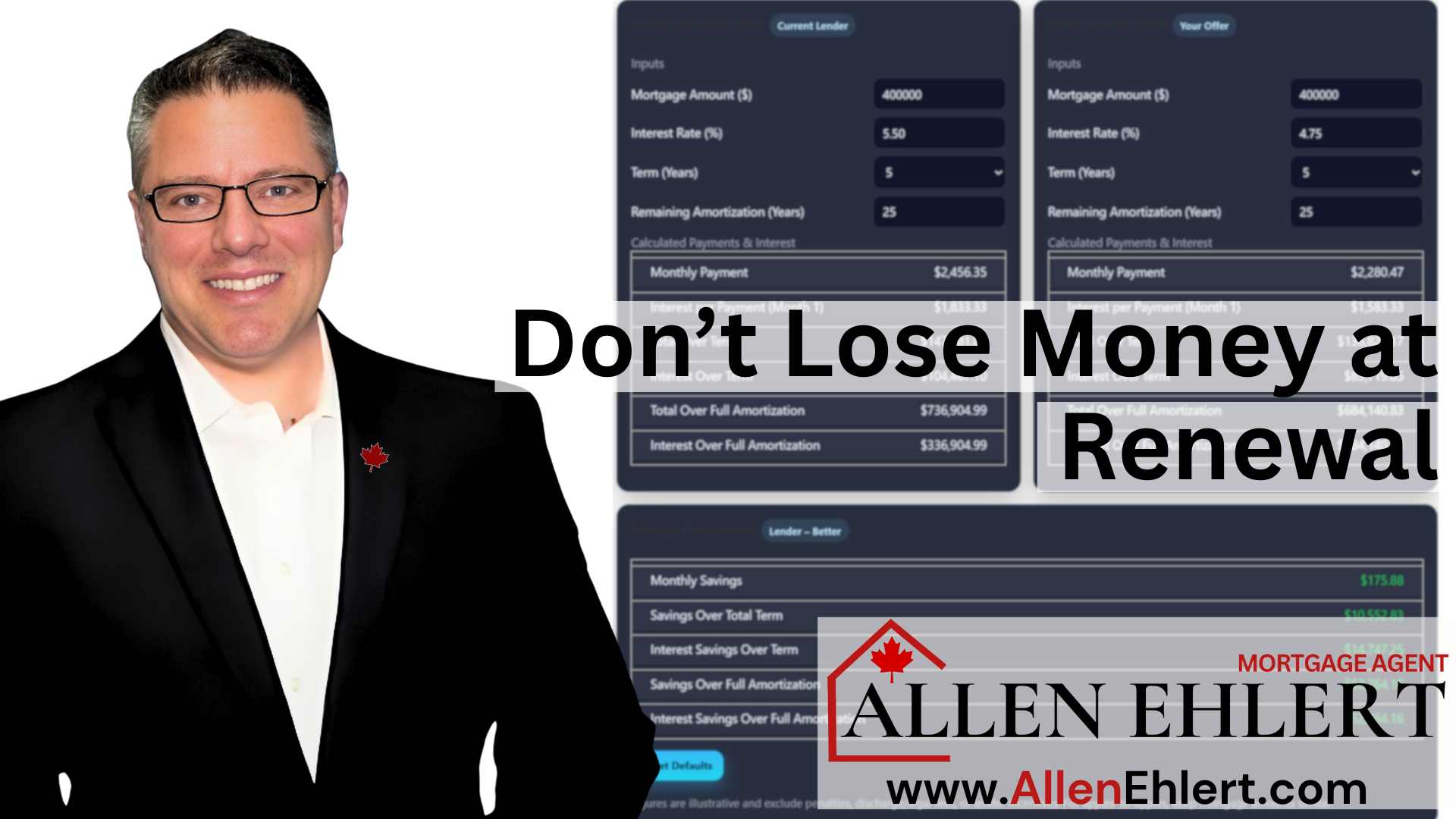Disability insurance is a type of insurance designed to provide income in the event that a person is unable to work due to a disability. This insurance is crucial for financial protection, as it helps replace a portion of your income if you become disabled and are unable to perform your job. Here’s an overview:
Key Features of Disability Insurance
Benefits of Disability Insurance
Considerations of Disability Insurance
Key Features of Disability Insurance
Income Replacement
Typically, disability insurance policies pay out 50-70% of your regular income.
Types of Disabilities Covered
Coverage can vary but generally includes both short-term and long-term disabilities resulting from illness, injury, or mental health issues.
Benefit Period
The length of time benefits are paid can vary, ranging from a few months to until retirement age, depending on the policy.
Waiting Period
There’s usually a waiting period (also known as the elimination period) before benefits start, ranging from 30 days to several months.
Policy Types
- Short-Term Disability Insurance
Covers a brief period, usually a few months to a year. - Long-Term Disability Insurance
Provides coverage for a longer period, potentially lasting several years or until retirement age.
Benefits
- Financial Security
Ensures a continued income stream if you’re unable to work, helping to cover living expenses and bills. - Peace of Mind
Reduces financial stress during a period of illness or injury. - Adaptability
Can be used to cover a wide range of expenses, from daily living costs to medical treatments not covered by health insurance.

Considerations
- Definition of Disability
Policies vary in how they define “disability.” Some cover you if you can’t perform your specific job, while others only if you can’t work any job. - Exclusions and Limitations
Some policies have exclusions (e.g., pre-existing conditions) and limitations on coverage. - Cost
Premiums depend on various factors, including your occupation, age, health, and the extent of coverage. - Employer-Provided vs. Private Insurance
Some employers offer disability insurance, but it may not be sufficient, prompting the need for additional private coverage.
Comparing with Other Insurance
- Health Insurance: Covers medical expenses but not loss of income due to disability.
- Critical Illness Insurance: Provides a lump sum for specific illnesses but doesn’t replace income over a long period.
- Life Insurance: Offers financial protection to your beneficiaries after death, not during a period of disability.

Who Should Consider It?
- Primary Income Earners: Especially important if you are the main provider for your family.
- Self-Employed Individuals: Often lack employer-provided coverage.
- Those in High-Risk Jobs: More crucial in professions with higher risk of injury.
Also Read:
- Required Mortgage Default Insurance
- Insured Insurable Uninsurable Mortgages
- What is Critical Illness Insurance?
- Title Insurance: Protect Your Home
Disability insurance is an important aspect of financial planning, providing essential income protection in the event of an unexpected disability. It’s important to understand the terms of your policy and to consider your personal and professional risk factors when choosing coverage. Consulting with a financial advisor or insurance specialist can help you navigate the options and find a policy that best suits your needs.












